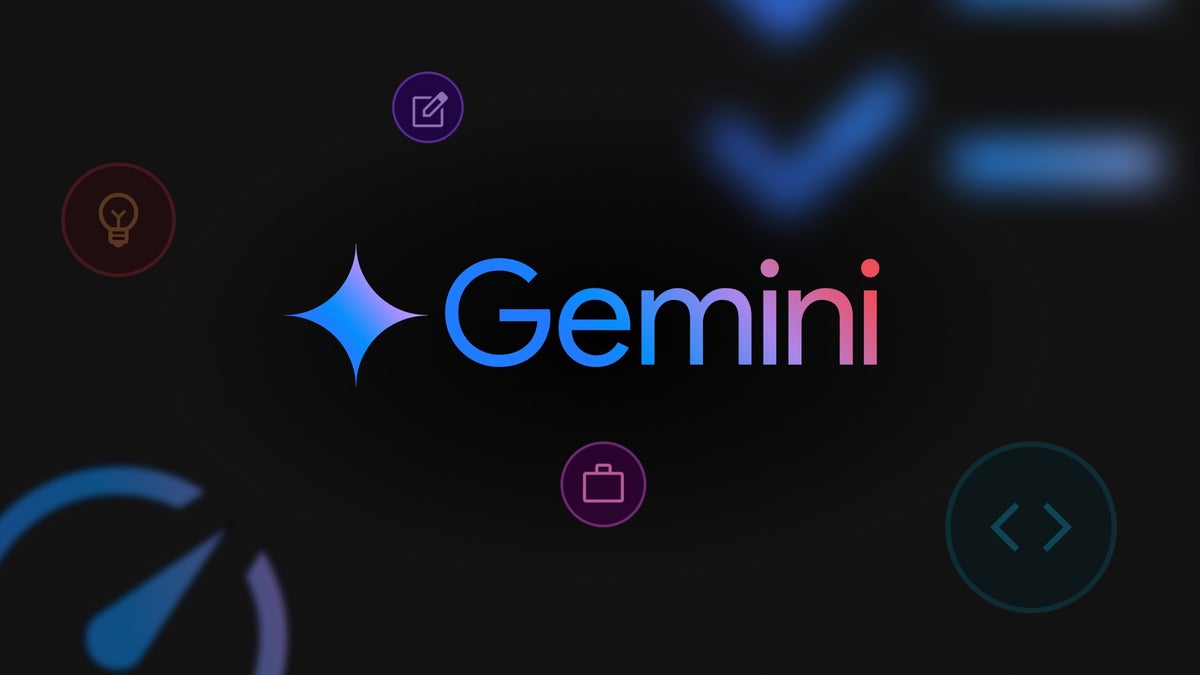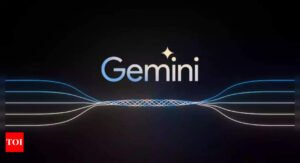Official Announcement: Google’s Gemini is set to launch on your favorite devices

Google Announces Gemini to Replace Google Assistant
Google has made a significant announcement confirming that its new AI technology, Gemini, will take over the role of Google Assistant across various devices. This confirmation was revealed during the Alphabet Q1 earnings call, where CEO Sundar Pichai outlined the company’s plans for expansion. According to Pichai, Gemini is set to enhance the user experience in cars equipped with Android Auto and smartwatches using Wear OS by the end of this year.
An Overview of the Transition
The shift to Gemini marks an important development in Google’s strategy to streamline its AI services across different platforms. Pichai stated:
“We’re upgrading Google Assistant on mobile devices to Gemini, and later this year we’ll upgrade tablets, cars, and devices that connect to your phone, such as headphones and watches.”
— Sundar Pichai, CEO of Google and Alphabet, April 24th, 2025
This statement highlights Google’s intention to create a unified AI experience that spans all its devices, going beyond just smartphones.
Insights into the Transition
This transition to Gemini comes at a time when other tech giants are also advancing their virtual assistants. Companies like Apple with Siri and Amazon with Alexa are continually evolving their technologies to improve user interaction and efficiency.
Signs of Change Already Visible
Before the official announcement, there were several indicators of this shift. For instance:
- Wear OS: Users began noticing that interface elements had started to replace "Google Assistant" with "Digital Assistant," and Gemini’s distinctive "sparkle" logo began appearing in various settings.
- Android Auto: The familiar microphone icon underwent a redesign, losing its classic colors in favor of a simpler, plain white look.
These gradual changes pointed towards a collaboration with Gemini, and Pichai’s declaration has now confirmed what many had anticipated.
Timeline for the Rollout
While we know that the transition to Gemini will occur later this year, Google has not provided specific dates. This vagueness is not uncommon for the company, which often prefers to keep timelines open-ended during product rollouts. The upcoming Google I/O conference next month might reveal more detailed information about the transition, but for now, we must remain patient.
Anticipated Improvements with Gemini
The integration of Gemini into vehicles and smartwatches opens the door to numerous enhancements in user interaction. Here are a few potential improvements:
- Enhanced Voice Controls: Users can expect smarter voice recognition capabilities, making it easier to issue commands while driving.
- Complex Task Management: Smartwatches powered by Gemini may handle more complicated tasks, like managing schedules or offering contextual responses.
- Streamlined User Experience: With a unified AI system, users can experience more cohesive functionality across devices connected to their Google accounts.
The Bigger Picture
The launch of Gemini is part of a broader movement in the technology landscape. With competition increasing, Google’s decision to upgrade its AI helps solidify its position in the market. As consumers continue to expect more sophisticated digital assistants, companies are compelled to innovate and enhance their existing technologies.
By transitioning to Gemini, Google aims to not only keep pace with competitors but also to set new standards in AI interactions, creating a more intuitive and responsive environment for users across all devices.






